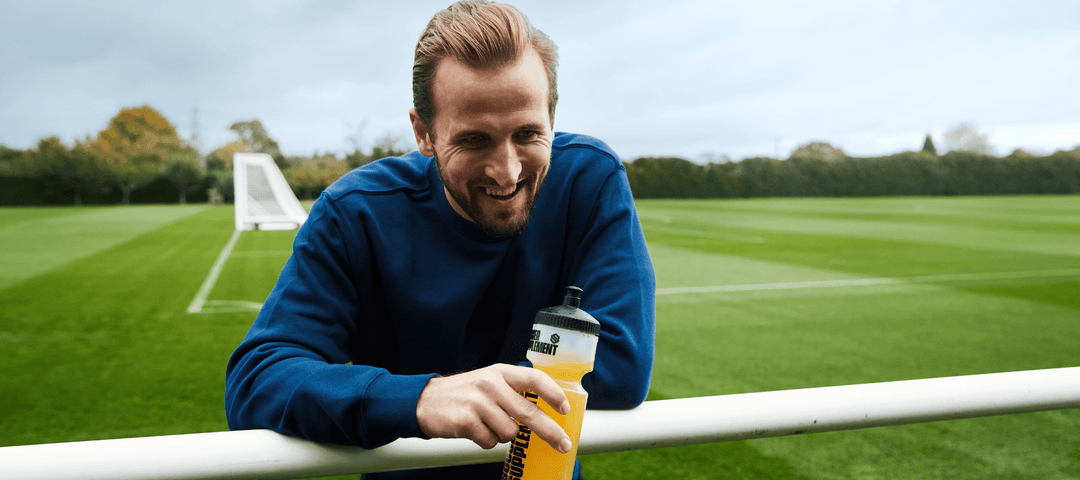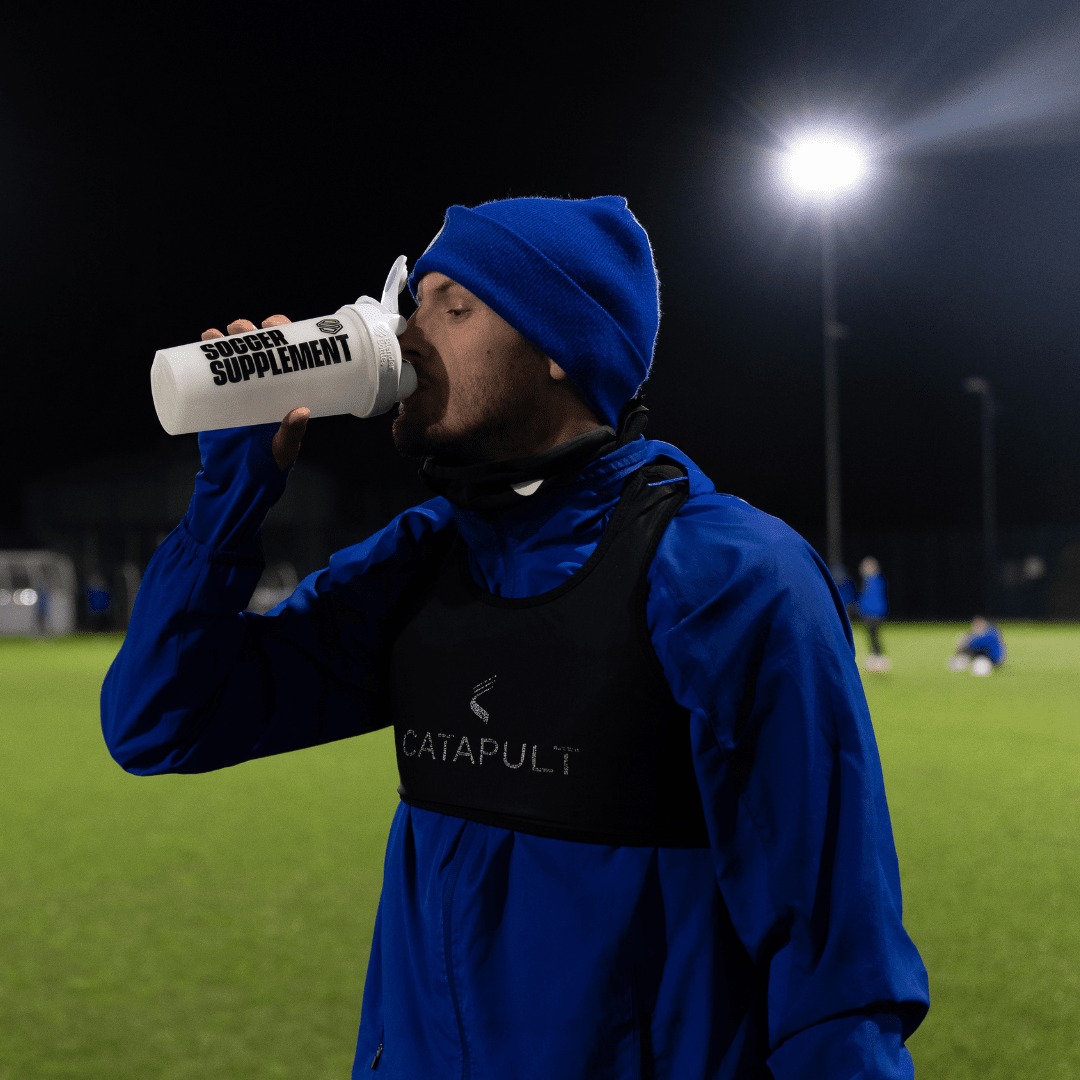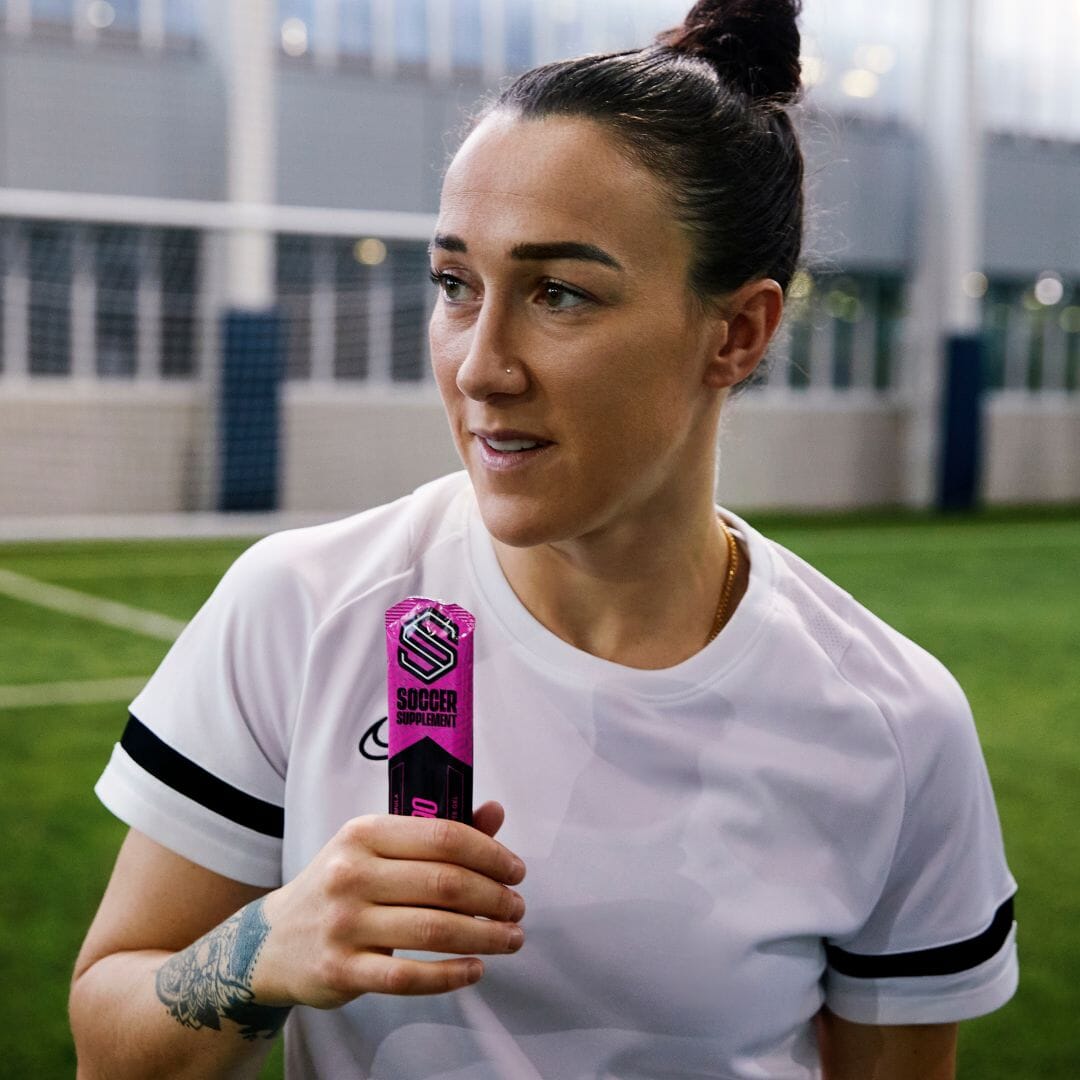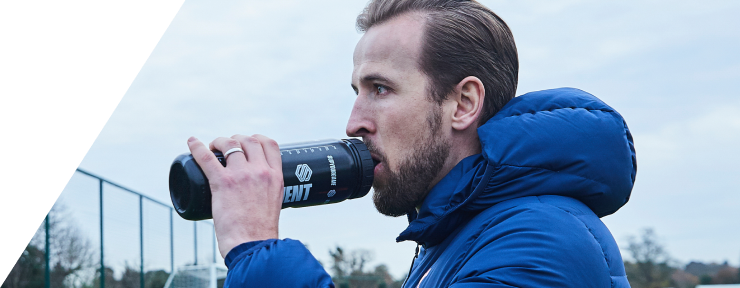We know that caffeine does many wonderful things, the more obvious ones including improved mood, cognition, and exercise performance. We also know that short periods of sleep (naps) – with and without sleep deprivation – can improve mood, sleepiness, and some types of exercise performance.
Research has consistently shown that the benefits of consuming caffeine close to napping are additive, with the majority of such data being collected in studies looking at sleep-wake issues in night shift workers, as well as the suppression of sleepiness in drivers. Though I’m not aware of any research that has used a combination of caffeine and napping on exercise performance, I and others have experienced consistent success with this in athletic and general populations.
Who is this for?
At some point or other, everyone incurs a degree of sleep debt, reduction in productivity due to sleepiness, moodiness and overall lack of motivation. Whether you’re playing at Wembley or on a field on a Sunday morning, you will often need to be at your best performance-wise. As such, pretty much everyone can benefit from caffeine, napping, or combining the two. Using the image and the information below, you can tailor these recommendations to best suit your needs.
Caffeine dose
The amount of caffeine to ingest will mainly be influenced by the desired outcome (e.g. reduced sleepiness, improved productivity, increased athletic performance etc.). Generally, only small-moderate amounts of caffeine are required to reduce sleepiness (around 50-100mg). For improving football performance, around 200mg is more appropriate.
Caffeine type
This mainly comes down to three choices: pills, coffee or gel. Caffeine powder came and went pretty quickly. The dose seems to matter more than the caffeine source, so go with your personal preference. That said, if you intend to consume caffeine right before a nap, I’d stick to gel or pills as it’s quicker than consuming coffee (unless you go for a shot or two of espresso). If you try to drink a cup of coffee, it's unlikely that you’ll fall asleep since the caffeine will have already taken effect. With a gel or pills, blood caffeine levels will peak at around 45-60 minutes after their ingestion, so there’s time to sneak a quick nap in before it takes effect.
Sleep duration
If a nap is long and contains slow-wave sleep, mental performance and mood are temporarily worsened until you’ve properly woken up. This is called ‘sleep inertia’. To avoid it, keep naps to a maximum of around 25-30 minutes, with about 15-25 minutes being ideal.
Timing
For improved performance, if you can do so, then utilising the caffeine-nap protocol about 90-120 minutes before the game or key training session is recommended. It’s worth trialling this during training first before a game situation though. If you’re just struggling to get through the day, then squeezing the protocol into your lunch break is doable for many. That said, if you can do so, any time of the day is fine providing that you give yourself around 6-8 hours or so between consuming large quantities of caffeine and bedtime.

References
1. Waterhouse, J., Atkinson, G., Edwards, B. & Reilly, T. The role of a short post-lunch nap in improving cognitive, motor, and sprint performance in participants with partial sleep deprivation. J. Sports Sci. 25, 1557–66 (2007).
2. Hayashi, M., Masuda, A. & Hori, T. The alerting effects of caffeine, bright light and face washing after a short daytime nap. Clin. Neurophysiol. 114, 2268–78 (2003).
3. Reyner, L. a & Horne, J. a. Early morning driver sleepiness: effectiveness of 200 mg caffeine. Psychophysiology 37, 251–6 (2000).
4. Horne, J., Anderson, C. & Platten, C. Sleep extension versus nap or coffee, within the context of ‘sleep debt’. J. Sleep Res. 17, 432–6 (2008).
5. Sagaspe, P. et al. Aging and nocturnal driving: better with coffee or a nap? A randomized study. Sleep 30, 1808–13 (2007).







